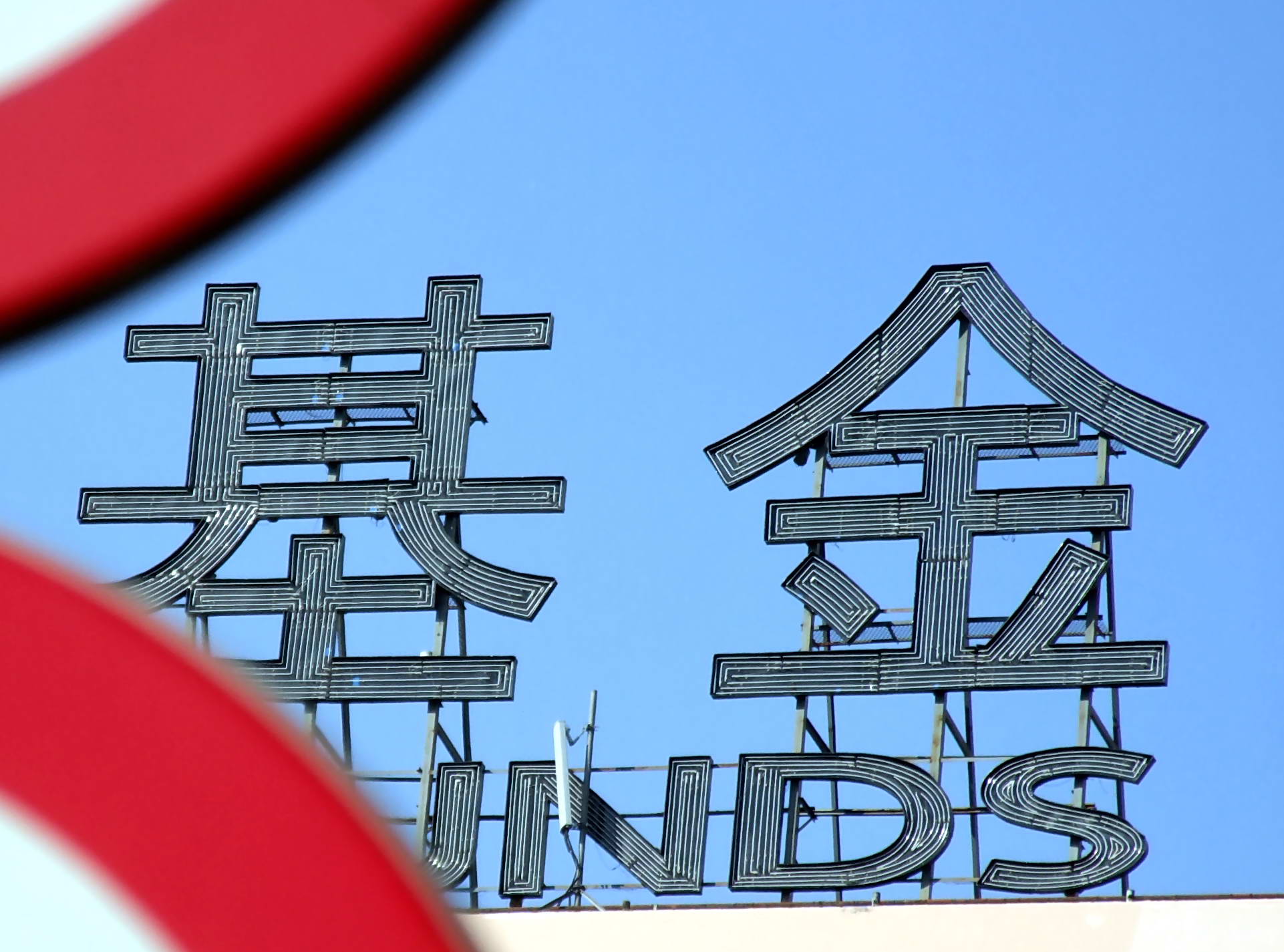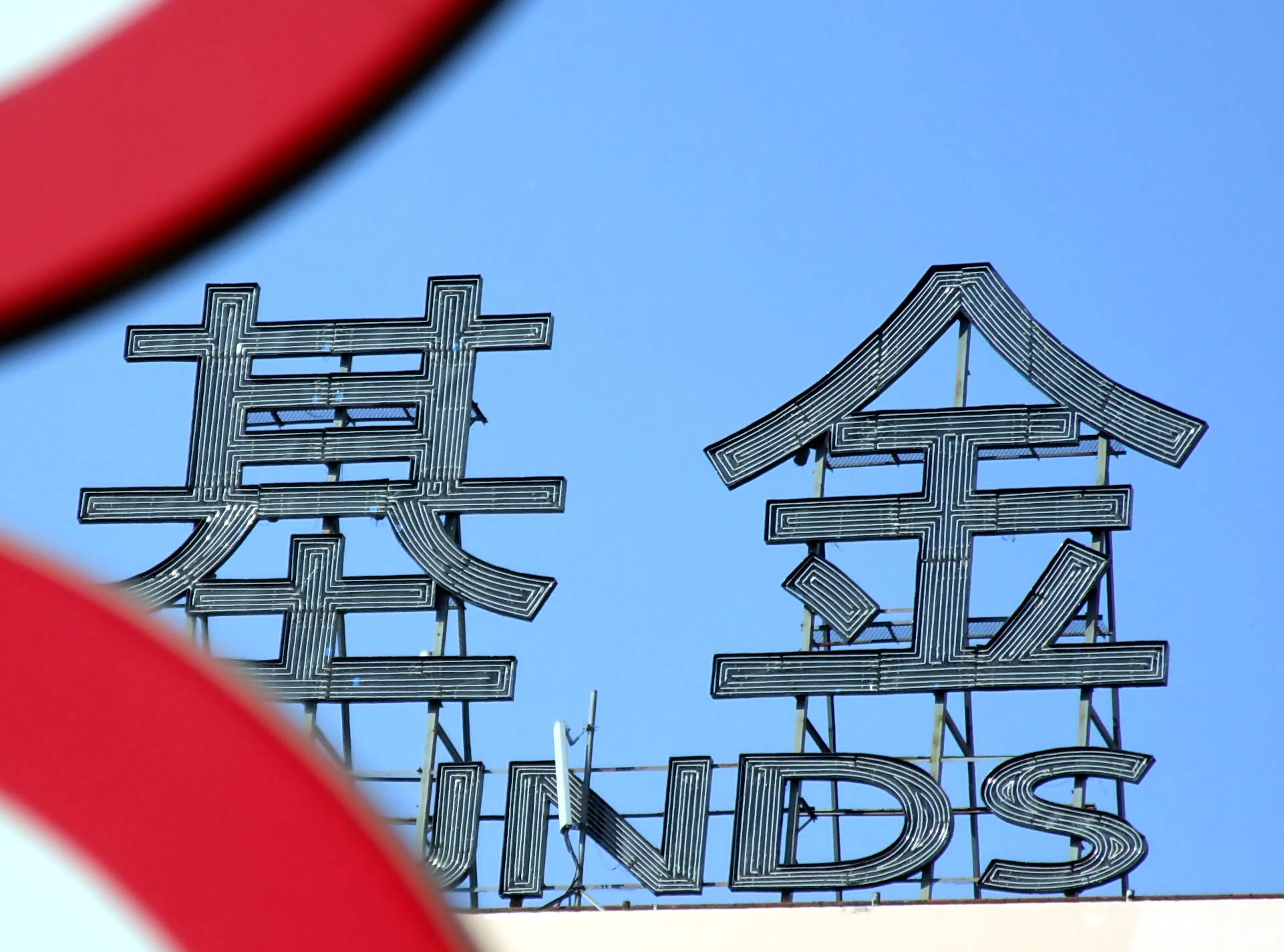
BEIJING, June 28 (Xinhua) -- Private equity (PE) funds unexpired by the end of 2020 numbered 96,818 ones and valued 16.96 trillion yuan in China, up 18.5 percent and 20.5 percent year on year, reported Xinhua-run Xinhua Finance Monday.
The report quoted data from a research report released by Asset Management Association of China (AMAC) as saying, highlighting that 26,567 PE funds were established last year, up 40.2 percent from the end of 2019 and their registered value stood at 1.07 trillion yuan, up 19.5 percent year on year.
Industry experts said that the mighty PE funds, as an important part of China's direct financing system, are vigorously financing the new economy in China.
By the end of 2020, PE funds reported around 139,200 deals of investment in equities of unlisted firms, firms listed on National Equities Exchange and Quotations (NEEQ), better known as the "new third board", and refinancing business in China, providing equity capital of 8.40 trillion yuan for the real economy.
Among their investment in equities of unlisted firms in China, there were 66,700 deals for sectors representing industrial upgrading and the new economy such as computer applications, machinery manufacturing, raw materials, medical biology, medical equipment and services, semiconductor. These deals involved in total principals invested of 3.51 trillion yuan.
As a matter of fact, VC/PE funds have been scaling up their investment in high-tech enterprises in China recent years.
Statistics with AMAC showed that PE funds contributed 19,181 investment deals and 1.23 trillion yuan of investment in high-tech firms by the end of 2020, up 15.3 percent and 13.5 percent respectively. VC funds poured 412.53 billion yuan of capital and reported 18,130 deals of investment in high-tech companies, up 53.7 percent and 37.2 percent year on year.
In the first half of this year, however, investors such as VC/PE funds presented less enthusiasm in investing in high-tech enterprises, with the declines from the second half of 2020 and the beginning of this year estimated at 20-30 percent, said Liu Jingkun, dean of ChinaVenture Institute.
Compared with other subsectors in high-tech sector, medicine and health and high-end manufacturing as well both contributed over 10 percent of investment deals and value, which is largely caused by the COVID-19 pandemic and China's manufacturing upgrading, according to Liu. (Edited by Duan Jing with Xinhua Silk Road, duanjing@xinhua.org)




 A single purchase
A single purchase









